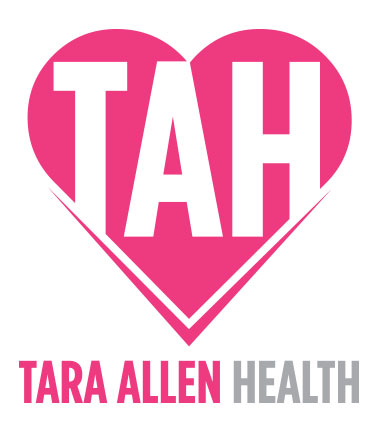Microplastics are everywhere.
Including ... in our bodies and cells. YUCK!
But there's good news: we can make a few changes that can have a big impact.
These tiny plastic particles are everywhere—our food, water, and even the air we breathe. Microplastics can wreak havoc on our health, contributing to inflammation, oxidative stress, and hormonal imbalances, which can ultimately lead to chronic diseases and even excess body fat.
Microplastics have been found to interfere with our body's metabolism, leading to weight loss resistance. These tiny plastic particles can act as endocrine disruptors, mimicking or blocking hormones that regulate various bodily functions, including metabolism. When microplastics interfere with the hormonal signals that control hunger, satiety, and energy storage, it can lead to increased fat accumulation and difficulty in losing weight.
Additionally, microplastics can induce inflammation and oxidative stress, two conditions closely linked to metabolic dysfunction. Inflammation can impair insulin signaling, which is crucial for regulating blood sugar and fat storage. This disruption can lead to insulin resistance, a condition where the body's cells become less responsive to insulin, resulting in higher blood sugar levels and increased fat storage. Oxidative stress, caused by an imbalance of free radicals and antioxidants in the body, can damage cells and tissues, further exacerbating metabolic issues and contributing to weight gain and resistance to weight loss.
They have also been discovered in plaque in human arteries!
Thankfully, there are steps we can take to reduce our exposure to microplastics.
Some examples:
1) Avoid plastic containers for food and drinks. Purchase glass 'tupperware' when you're in the market to replace yours or put it on a gift wish list. Bring water in a glass or stainless bottle instead of relying on plastic water bottles. Avoid using plastic wrap on anything that will touch food -- especially when food is hot in temperature or acidic (as this leeches more of the plastic out and into your food). Stasher bags can replace ziplocks for food on-the-go. And when possible, use a barrier of unbleached parchment paper between your food and plastic (example: wrap a sandwich in the parchment paper and then into a zip lock or plastic container if that's all you have available. Try to avoid buying TV dinners in plastic but if and when you do, try transferring the meal to a pot or another container to heat up there instead of cooking in the plastic.
2) Choose natural fiber clothing when possible. This has been further down on my list because ... well, we can't tackle all the things at once! Fabrics like cotton, linen, silk, wool, hemp are natural (as opposed to polyester, nylon, acrylic which contain plastics).
3) Start to swap out personal care products for ones free from plastics as possible. "Beat the Microbead" website and app can help you wade through the options on the market to look for these.
4) Investing in a good water filter can help reduce the amount of microplastics in your drinking water. We have and love this one with the glass carafe, though we'd eventually like to get the Berkey as well for a powerless option. Unfortunately, things like a Brita or our fridge filter wasn't cutting it for our needs.
5) Tea and coffee! I love drinking herbal tea, but I won't steep it in the tea bags. Instead, I buy loose leaf tea or break open the tea bags and pour the contents into this stainless steel strainer instead. And if you use a Keurig for coffee, consider skipping the K cups and instead buying a stainless refillable K cup that you can use to fill with your favorite coffee grinds and yet continue to make 1 cup at a time.
Look, some of these options still have some plastic (like the glass tupperware having a plastic lid), but every little bit we cut back on helps! Also, we are all at different places and have different priorities and budgets. It's important we each just do what we can, as we can and with what we have. <3
As for detoxifying from an overload of microplastics already in your system, you must make choices you feel are right for you, of course, and I recommend running options by a trusted healthcare provider. Some ways people choose to assist their bodies in detoxifying the microplastics:
1) Increasing fiber intake
2) Exercise + movement
3) Increasing sweat
4) Hydration
5) Antioxidant-rich foods
6) Chlorella and spirulina
7) Milk thistle
8) NAC
9) Sleep
10) Minimizing ultra-processed food
Hope you found this helpful!
XO,
Tara
P.S. The work we do in my 28-day metabolism-boosting course, TRANSFORM: Body + Mind, includes the nitty gritty like reducing microplastics and toxins because nutrition and fitness are important (and we cover those things in great detail!), but there are so many other important puzzle pieces most people are missing when on a fat loss journey. We put together all the pieces ... and it's why we get all the incredible results that we do! Hop on the waitlist to reserve your spot for the September round and to be sent a discount code when the cart opens.
